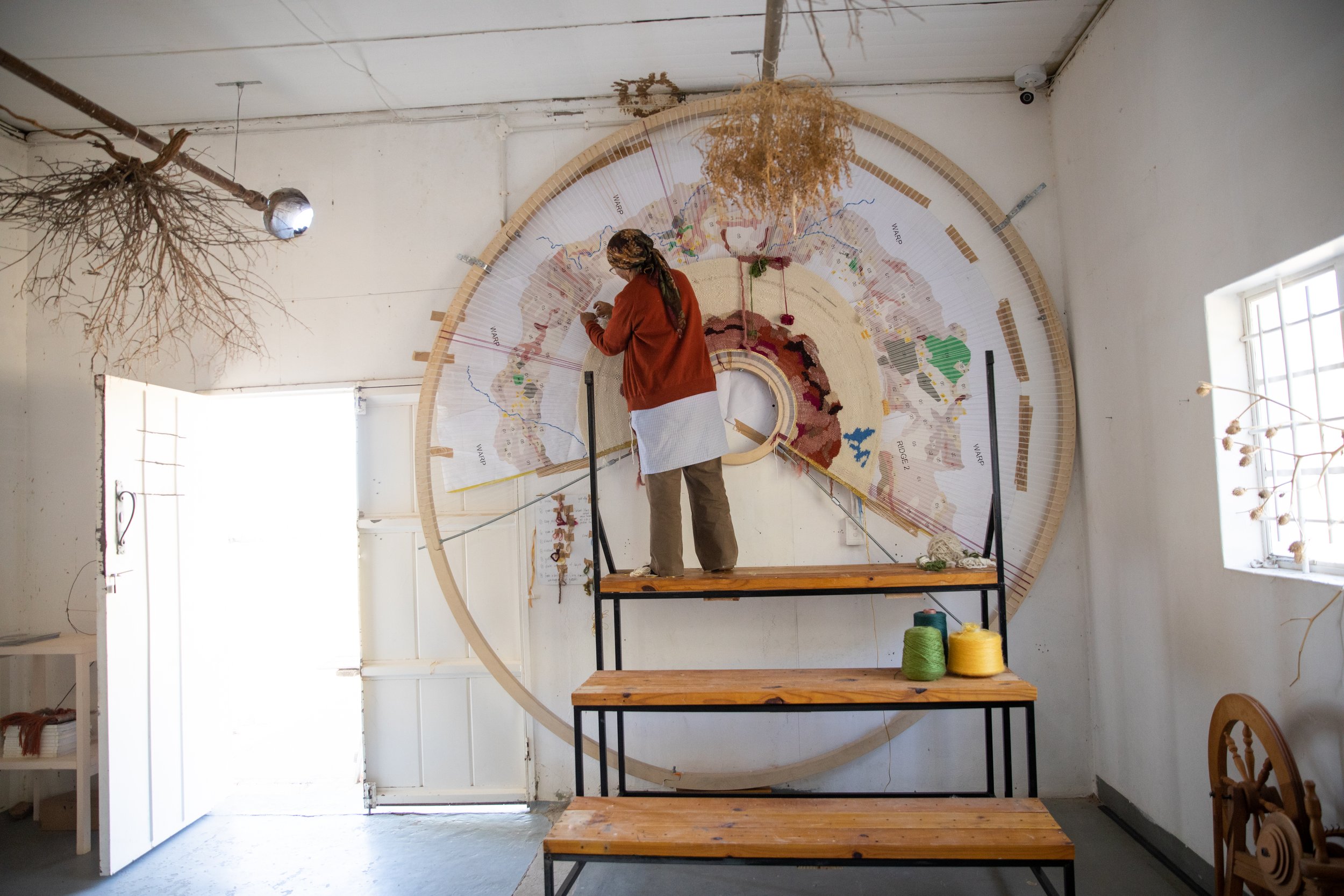
Single Day Events
or

Carbon Farm Tour 2024
Farm Tour
Join New York Textile Lab at Faraway Farm Alpacas to dig into healthy soil and see how your material sourcing can have a positive impact on climate change.
Tour the farm and meet innovators from the agricultural, design, and manufacturing industries who are actively working to shift our regional textile systems to regenerative, abundant models. Explore Climate Beneficial textiles and engage in a Q&A panel to learn about carbon farm protocols, cooperative economic frameworks, and other strategies to help us grow a textile industry rooted in social and environmental equity.
Our Carbon Farm Planner will give a talk about practices that are used on the farm to sink carbon into the soil and visitors will have a tour of Faraway Farm to learn about their composting system. Hear from experts about regional fiber cultivation, processing and manufacturing, and the connection between soil health and fiber quality. Learn about building a bioregional farm- to- product supply chain focused on slow growth models. Visitors will get to see the alpacas up close!
TRAVEL DETAILS
Take the train from Grand Central Station to Croton Harmon
10:45 AM arrives at 11:53 PM (train to Croton Harmon)
10:50 AM arrives at 11:43 PM (train to Poughkeepsie)
11:23am arrives at 12:37pm (train to Croton Harmon)
A shuttle will take you to and from the farm, PLEASE reserve your spot!
email info@newyorktextilelab.com
New York Textile Lab is a design and consulting company. We design yarns and textiles that connect designers to fiber producers and mills to help grow an economically diverse textile supply ecosystem. The resources that we provide give designers agency to make better decisions about their social and environmental investments. Our textiles embody deep value through our sourcing and production practices. The fibers we use are grown on healthy, climate beneficial soil within our region, and we partner with mills and manufacturers that are local, transparent, and ethical.
NY Textile Lab believes that the world's textile production should grow out of abundant, regenerative systems that emerge from collective thinking, rather than centralized systems that rely on extraction, scarcity and competition.

